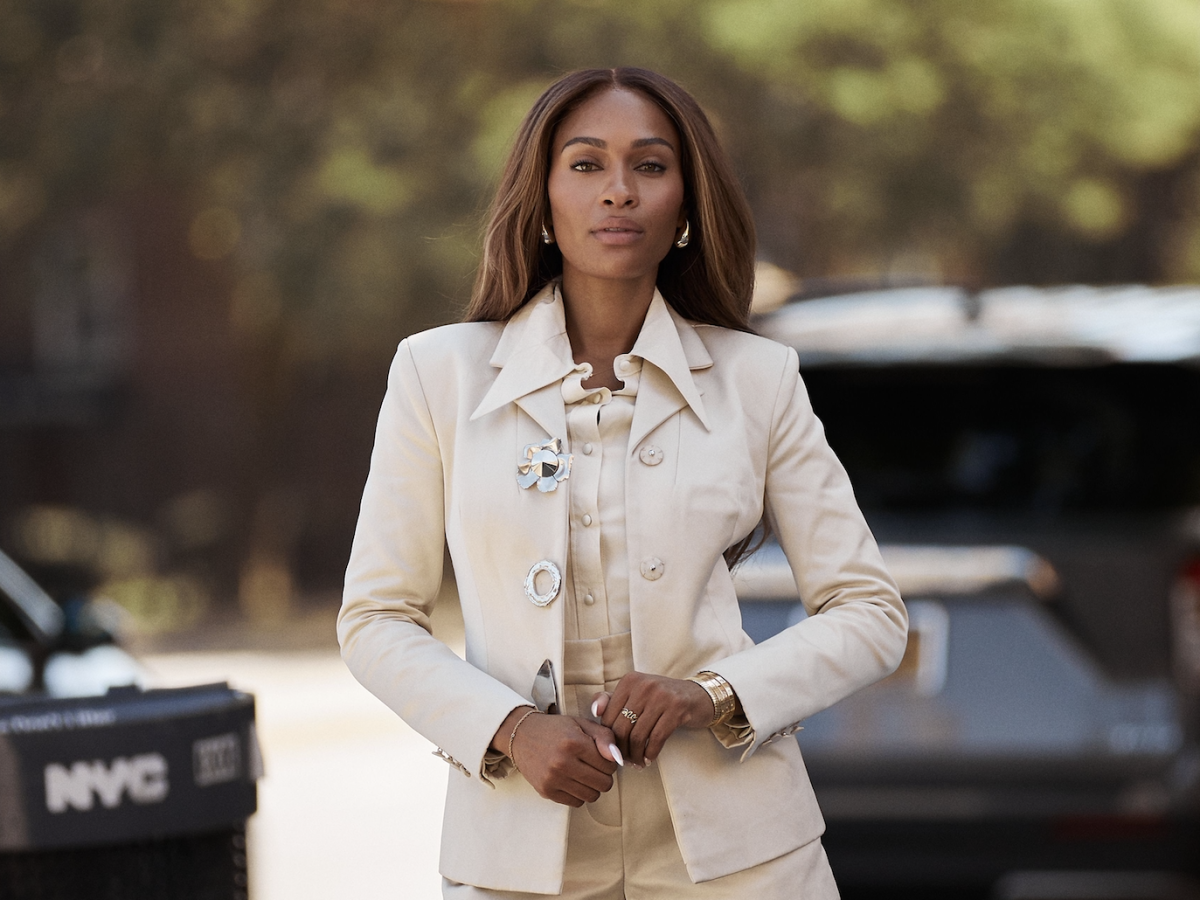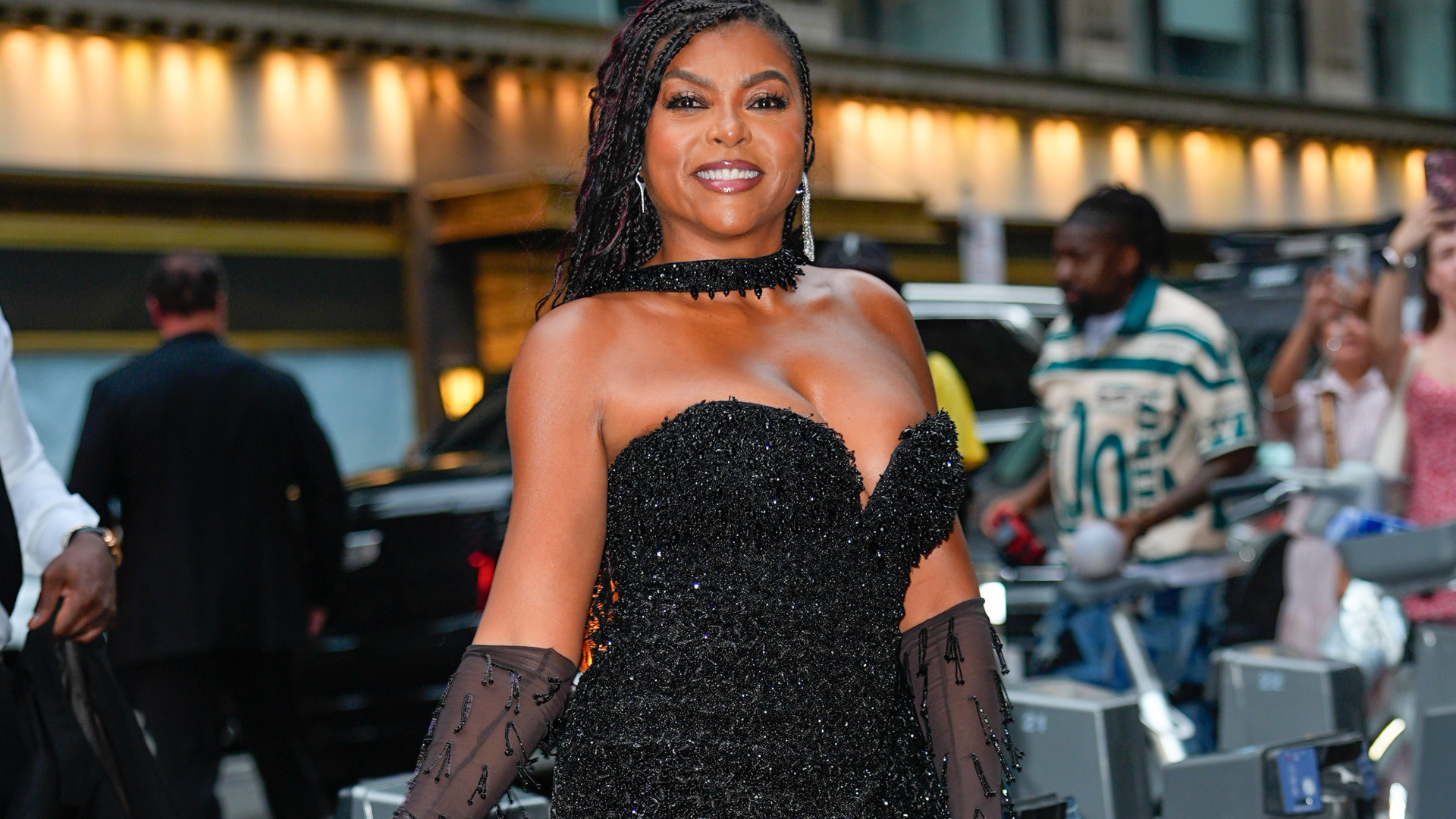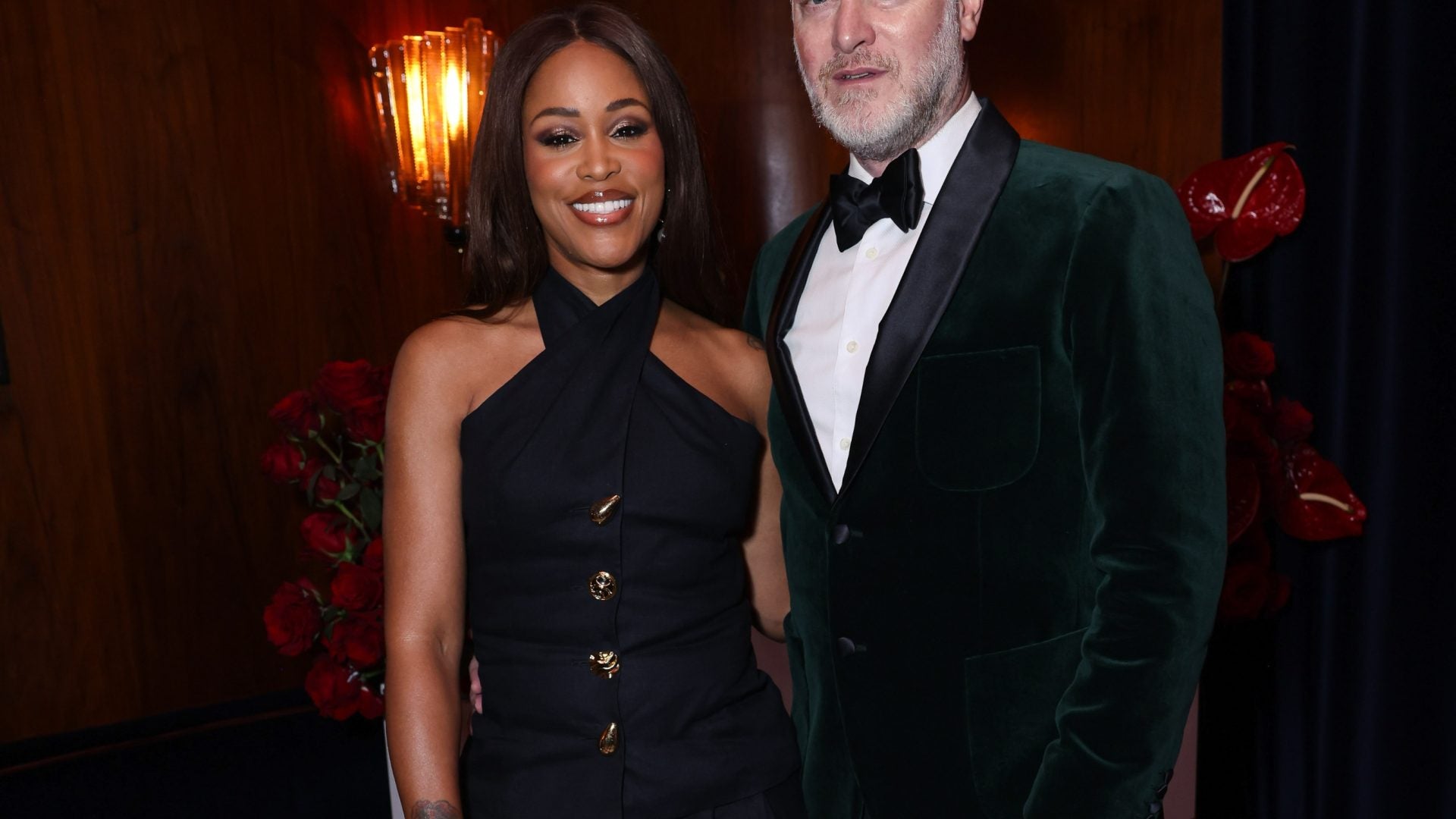“Our Presence Is Powerful”: Ayan Broomfield Honors Althea Gibson’s Lasting Legacy
We’ve all experienced that moment at some point in our lives. Particularly as Black women. For me, I can recall it in the classroom in an advanced level chemistry class. […] The post “Our Presence Is Powerful”: Ayan Broomfield Honors Althea Gibson’s Lasting Legacy appeared first on Essence.

 Matt Fitzgerald
Matt Fitzgerald We’ve all experienced that moment at some point in our lives. Particularly as Black women.
For me, I can recall it in the classroom in an advanced level chemistry class. For Ayan Broomfield, she remembers it as the first time someone told her she didn’t belong on a tennis court. It’s almost a rite of passage we never asked for.
While different experiences, they’re all still very similar in theme. She was young, talented, and Black in a sport that’s always struggled with all three of those things existing in the same person. Now, 75 years after Althea Gibson walked onto the courts at the 1950 US Open and changed everything, Broomfield is making sure those stories get told.
This week, as the tennis world makes its annual trek to Flushing Meadows, Broomfield is stepping into a new role. The former college player and tennis influencer has traded her racquet for a mic (not a bad trade, if you ask me), leading Tennis Channel’s new series “Breaking Through.” The show honors Gibson’s groundbreaking achievement, but it’s really about something bigger: making sure young Black girls see themselves in a sport that doesn’t always make space for them.
“Althea Gibson opened doors that so many of us walk through today,” says Broomfield. “For me, helping tell her story is not only about honoring her accomplishments on the court, but also about recognizing her resilience in the face of barriers that extended far beyond tennis.”
The series brings together some of tennis’s most promising Black female players for intimate conversations about identity, history, and what it means to carry Gibson’s legacy forward. Featured interviews include Hailey Baptiste and Taylor Townsend, the current world No. 1 in doubles, with Victoria Mboko also joining the conversations. Each episode runs 5-7 minutes and will air throughout the US Open on Tennis Channel.
This project beautifully shows Broomfield carving out her own lane in tennis media. She’s built a significant social media following and founded Ayan’s Aces, an organization focused on creating opportunities for young players. But sitting across from other players, asking questions instead of answering them, has given her a different perspective on the sport that shaped her life.
“It’s been absolutely refreshing,” she admits. “As a player, you’re always focused on results, training, and goals. Sitting on the other side has allowed me to listen more deeply and create space for other players’ journeys. It’s made me appreciate the power of Black storytelling in tennis, something that isn’t always highlighted in our sport.”
The stories she wants to tell go way beyond rankings and prize money. “I’m excited to tap into their personal journeys, to hear about their challenges, triumphs, and the little moments that often get overlooked,” she said.
Broomfield knows these experiences intimately because she lived them and being part of a community of Black players made all the difference in her own career. “It’s meant everything, to know you’re not alone, to have people who understand the nuances of your experience in a sport that hasn’t always been built for us,” she says. “It’s incredibly empowering. It’s helped me find my confidence, my purpose, and my voice. Not just as a player, but as someone committed to creating platforms for others.”
Her platform has amplified her voice in tennis, allowing her to challenge the sport to expand beyond its traditional boundaries. The series will further allow her to explore what that transformation looks like, especially for the young Black women trying to make their mark.
That visibility matters, but Broomfield knows it isn’t enough. Real change requires more than seeing Black faces on television during the US Open. It demands structural shifts in how tennis operates at every level.
“Inclusion has to go beyond symbolism and representation. It’s about access and opportunity,” she argues. “That means more Black coaches, media voices, executives, and creators behind the scenes. It also means investing in grassroots programs and ensuring Black athletes have the resources to thrive long-term. Tennis is a global sport, and it should reflect the diversity of the world it represents.”
Like many of us, when she thinks about Gibson’s legacy, Broomfield sees it everywhere. “You can see her legacy in every Black female player who steps onto a court today. She proved that belonging was not optional.” But the influence extends beyond the courts themselves. “Off the court, her courage created space for athletes to be more than players for them to be advocates, entrepreneurs, fashion voices, and storytellers. The visibility and influence we see today all trace back to the barriers she broke.”
But for Broomfield, the ultimate goal is reaching the young Black girls who might be watching from home, wondering if tennis could ever be for them. “I hope they see themselves,” she says. “I want them to know that their presence is powerful, their dreams matter, and that there’s no single way to succeed in tennis or in life. If they walk away believing they’re capable of taking up space unapologetically, then we’ve done our job.”
That message is especially urgent this year, as tennis continues grappling with questions about diversity and inclusion. While some progress has been made since Gibson’s breakthrough, it would be impossible to deny that significant gaps remain. The work continues, but every step forward is a step that counts. And Broomfield is playing a role in making sure of that.
The post “Our Presence Is Powerful”: Ayan Broomfield Honors Althea Gibson’s Lasting Legacy appeared first on Essence.

























